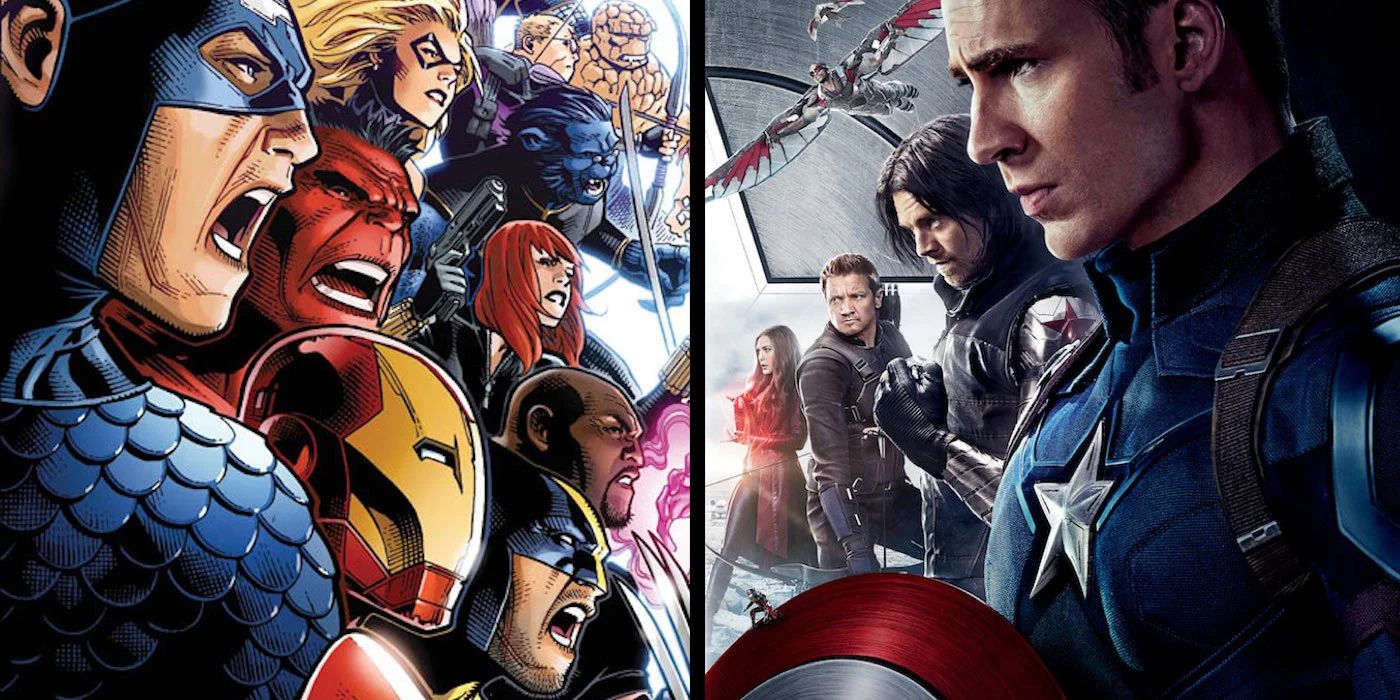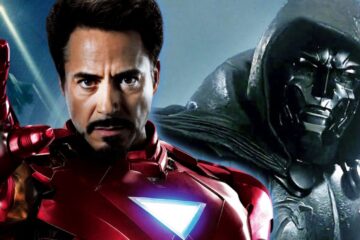The MCU has grown into one of the most commercially successful franchises in cinematic history, with multi-billion dollar hits under its belt. Despite the mega success of Marvel Comics’ IP on the big screen, audiences simply haven’t migrated over to the comic book side of the franchise.Ever since the Silver Age, Marvel Comics has been the undisputed king of the comic book industry. Through the industry leadership from Stan Lee, Jack Kirby, Steve Ditko, and Jim Shooter, the publisher owns many of the greatest characters in fiction. The 1990s began Marvel’s on-screen successes through Spider-Man and X-Men’s animated series and the Blade trilogy. These projects all created a new generation of Marvel “True Believers,” who went on to support their favorite heroes across media. The MCU, however, simply hasn’t been able to replicate this success, at least not with the same immediate effect. A range of factors, from deviations from the source material to the high cost of comics, is making it harder for Marvel to make the case to moviegoers to give comics a shot.Every year, Marvel Comics is presented with opportunities to ride the coattails of billion-dollar successes at the box office. However, their actual publishing schedule rarely reflects this. In fact, some might look at their comics alongside their movies and conclude the publisher doesn’t even know the movies are out. Things like killing off Doctor Strange ahead of In the Multiverse of Madness, revealing Captain America as HYDRA around Civil War and turning Jane Foster into Thor at the height of Hemsworth’s MCU hype are examples of this. It isn’t merely that Marvel Comics doesn’t cash in on what people know from the MCU — they seem to directly contradict both the movies and their own history. Comic shop owners have even commented on how hard it can be to sell potential new customers on a Marvel so divergent from the comics.RELATED: The Oddest Comics of the ’90s — Marvel’s Illustrated Investor Reports?
The MCU has grown into one of the most commercially successful franchises in cinematic history, with multi-billion dollar hits under its belt. Despite the mega success of Marvel Comics’ IP on the big screen, audiences simply haven’t migrated over to the comic book side of the franchise.
Ever since the Silver Age, Marvel Comics has been the undisputed king of the comic book industry. Through the industry leadership from Stan Lee, Jack Kirby, Steve Ditko, and Jim Shooter, the publisher owns many of the greatest characters in fiction. The 1990s began Marvel’s on-screen successes through Spider-Man and X-Men’s animated series and the Blade trilogy. These projects all created a new generation of Marvel “True Believers,” who went on to support their favorite heroes across media. The MCU, however, simply hasn’t been able to replicate this success, at least not with the same immediate effect. A range of factors, from deviations from the source material to the high cost of comics, is making it harder for Marvel to make the case to moviegoers to give comics a shot.
Every year, Marvel Comics is presented with opportunities to ride the coattails of billion-dollar successes at the box office. However, their actual publishing schedule rarely reflects this. In fact, some might look at their comics alongside their movies and conclude the publisher doesn’t even know the movies are out. Things like killing off Doctor Strange ahead of In the Multiverse of Madness, revealing Captain America as HYDRA around Civil War and turning Jane Foster into Thor at the height of Hemsworth’s MCU hype are examples of this. It isn’t merely that Marvel Comics doesn’t cash in on what people know from the MCU — they seem to directly contradict both the movies and their own history. Comic shop owners have even commented on how hard it can be to sell potential new customers on a Marvel so divergent from the comics.
#Arent #MCU #Fans #Reading #Marvel #Comics
Note:- (Not all news on the site expresses the point of view of the site, but we transmit this news automatically and translate it through programmatic technology on the site and not from a human editor. The content is auto-generated from a syndicated feed.))



